In an era where smartphones mediate so many of our social interactions, many singles find themselves wondering: are dating apps a waste of time or a valuable tool for finding love? This question becomes increasingly relevant as more people turn to digital platforms in their search for connection.
As someone who has analyzed mobile applications professionally for over 15 years, I’ve observed the evolution of dating technology and user experiences. The debate around whether are dating apps a waste of time isn’t just about technological capabilities, but about how we as humans connect in digital spaces.
This comprehensive analysis will explore whether dating apps truly deliver on their promises or if they’re ultimately a waste of time with minimal returns. We’ll examine research, trends, and practical considerations to help you determine if these platforms align with your relationship goals.
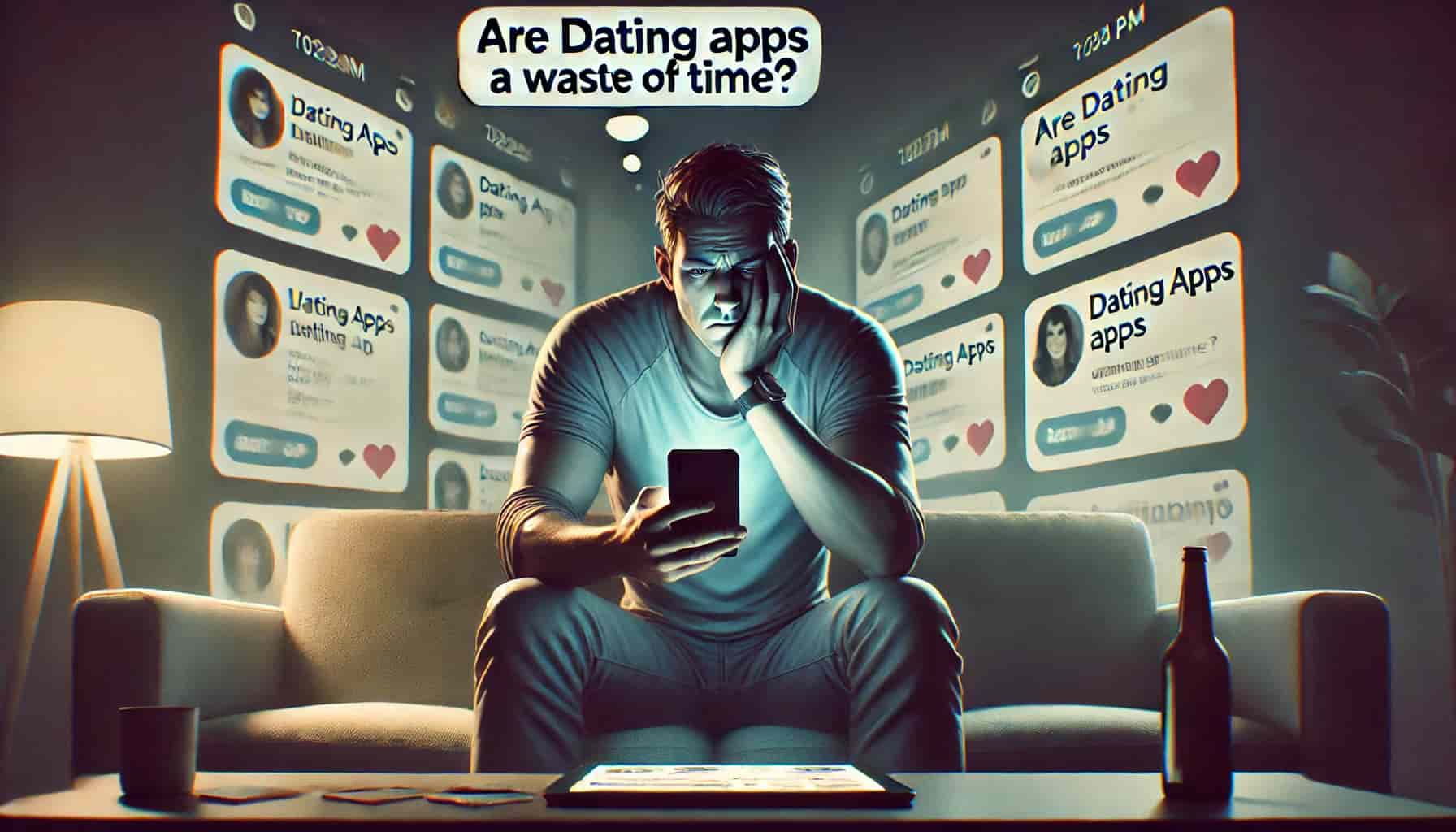
Effectiveness of Dating Apps for Serious Relationships
To answer whether are dating apps a waste of time for those seeking meaningful relationships, we need to examine their actual success rates in creating lasting connections.
How do dating apps facilitate long-term connections?
Dating apps have evolved significantly from their “hot-or-not” origins to incorporate sophisticated compatibility metrics:
- Algorithmic matching: Modern dating platforms use complex algorithms that consider values, lifestyle preferences, and relationship goals beyond just physical attraction.
- Intention-based design: Many apps now explicitly cater to relationship-seekers rather than casual daters. Platforms like Hinge, which bills itself as “designed to be deleted,” focus their entire user experience on fostering lasting connections.
- Compatibility questionnaires: Services like eHarmony and OkCupid utilize extensive personality assessments to match users on deeper compatibility factors.
- Video features: The integration of video profiles and virtual dates allows users to establish emotional connections before meeting in person.
People who question if are dating apps a waste of time often overlook these technological improvements that have made modern platforms more effective than their predecessors.
According to research from the Pew Research Center, 12% of American adults report having married or entered a committed relationship with someone they first met through a dating app or website.
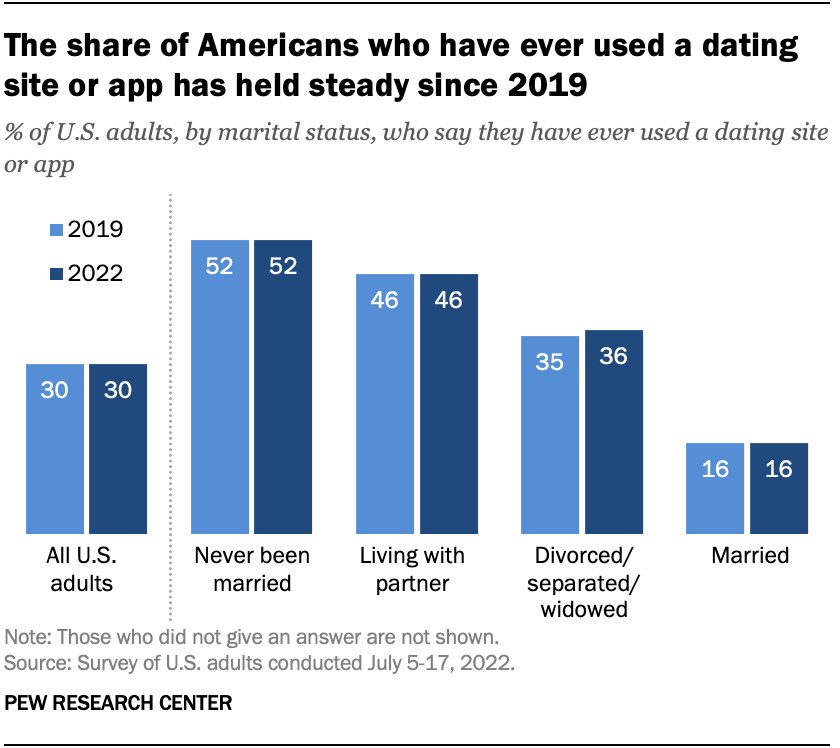
Are users finding love through dating apps?
The data suggests a nuanced answer to whether are dating apps a waste of time:
- A Stanford University study found that heterosexual couples are more likely to meet online than through any other method, with nearly 40% of American couples meeting through apps and websites as of 2017.
- According to app analytics, dating platforms like Bumble report that 85% of users are seeking marriage or committed relationships, with approximately 20% of active users reporting finding long-term partners.
- The Journal of Social and Personal Relationships published research indicating that relationships initiated through dating apps aren’t fundamentally different in quality from those beginning offline when measured after the relationship is established.
However, success rates vary significantly based on demographic factors:
- Age groups (Gen Z and Millennials report higher success rates)
- Geographic location (urban users have larger dating pools)
- Sexual orientation (LGBTQ+ communities often report higher value from dating apps due to expanded access to compatible partners)
These findings suggest that for many users, dating apps are not a waste of time when approached strategically.
Personal Goals and Expectations
When evaluating if are dating apps a waste of time for you personally, your specific relationship goals dramatically affect the answer.
How do personal intentions impact the effectiveness of dating apps?
Your specific relationship goals dramatically affect whether time spent on dating apps feels productive:
- Casual dating vs. serious relationships: Users seeking casual connections often report higher satisfaction with dating apps than those exclusively seeking long-term partnerships, likely due to the lower investment required per successful match.
- Clarity of purpose: Research from the Journal of Social and Personal Relationships indicates that users with clear intentions (whether seeking casual or serious connections) report more positive experiences than those with ambiguous goals.
- Timeline expectations: Those expecting immediate results often conclude that dating apps are a waste of time, while users who view dating apps as one component of a longer relationship-seeking journey report more satisfaction.
- Geographic flexibility: Users open to long-distance relationships or relocation report larger viable dating pools and consequently higher satisfaction.
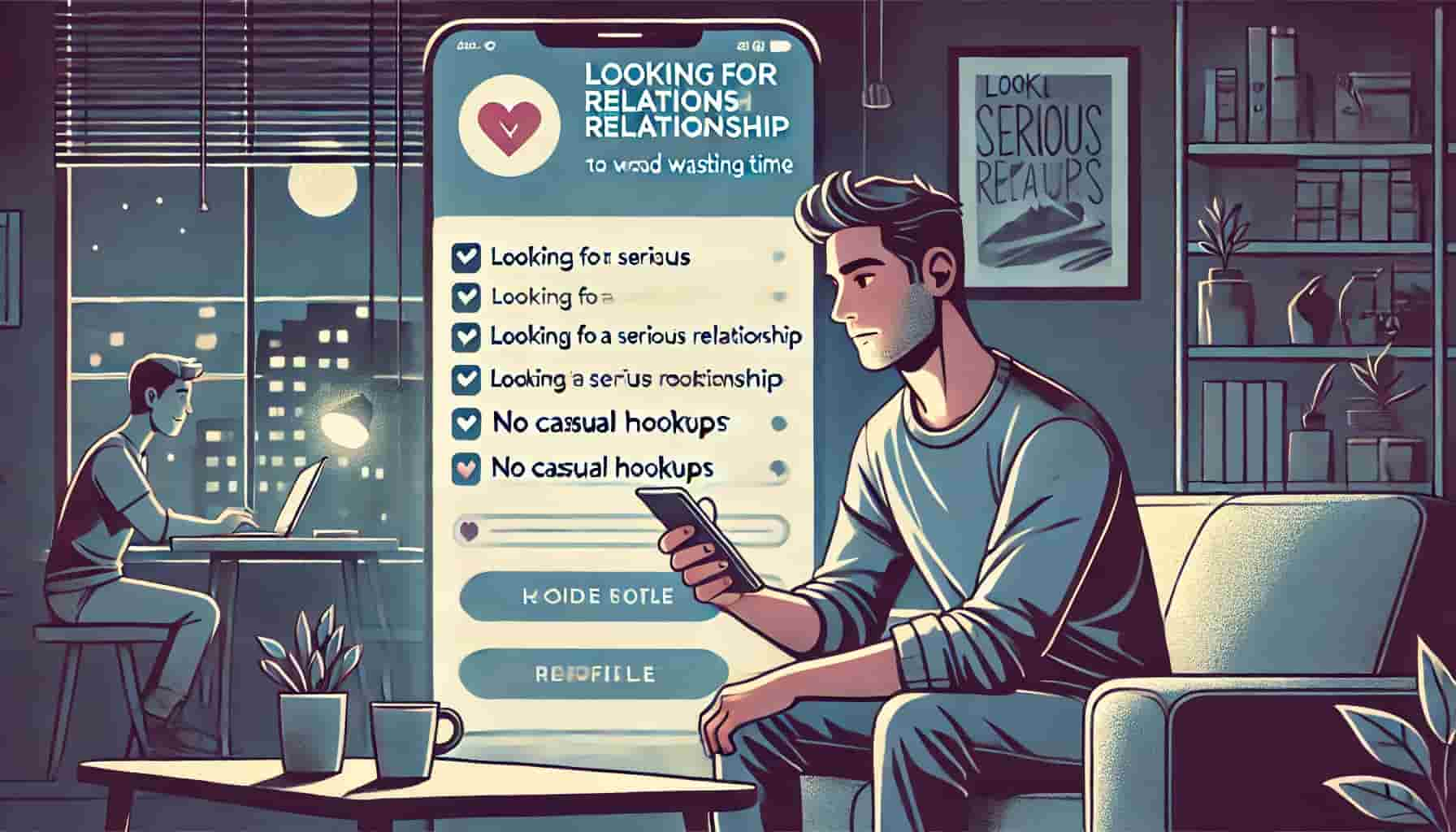
What are common expectations of dating app users?
Understanding typical user expectations helps evaluate whether are dating apps a waste of time or if disappointment stems from misaligned expectations:
- Match quantity: Many users expect high match rates but underestimate competition in crowded digital spaces.
- Response rates: Users frequently overestimate how many matches will result in conversations (typically only 10-30% of matches lead to any dialogue).
- Time investment: Most successful dating app users report spending 30-60 minutes daily on the platforms, but expected timeline to meaningful connection varies widely.
- Meeting quality: Research from the Journal of Communication shows that 94% of users report disappointment with at least some in-person meetings after promising digital connections.
A study published in the Journal of Social and Personal Relationships found that users who adjusted their expectations after initial experiences were less likely to feel that dating apps are a waste of time as they continued using the platforms.
Quality vs. Quantity in Dating App Usage
Your approach to using dating apps significantly impacts whether you’ll find them a waste of time or valuable.
How does focusing on quality profiles improve dating experiences?
Evidence suggests that a more selective approach yields better outcomes:
- Thoughtful profile creation: Users who invest time in creating detailed, authentic profiles report 37% more meaningful conversations according to internal data from dating platforms.
- Selective swiping: Those who carefully evaluate potential matches rather than rapid-swiping report 58% higher satisfaction with subsequent conversations and dates.
- Meaningful initial messages: Personalized opening messages that reference specific profile details receive response rates 60% higher than generic greetings, according to data from OkCupid.
- Profile verification features: Utilizing verification options (photo verification, social media links, etc.) increases match quality by establishing trust.
For those wondering if are dating apps a waste of time, the quality of your approach may determine your answer. For guidance on creating an effective dating profile that attracts quality matches, dating coach Erika Ettin provides excellent recommendations based on data from thousands of successful profiles.
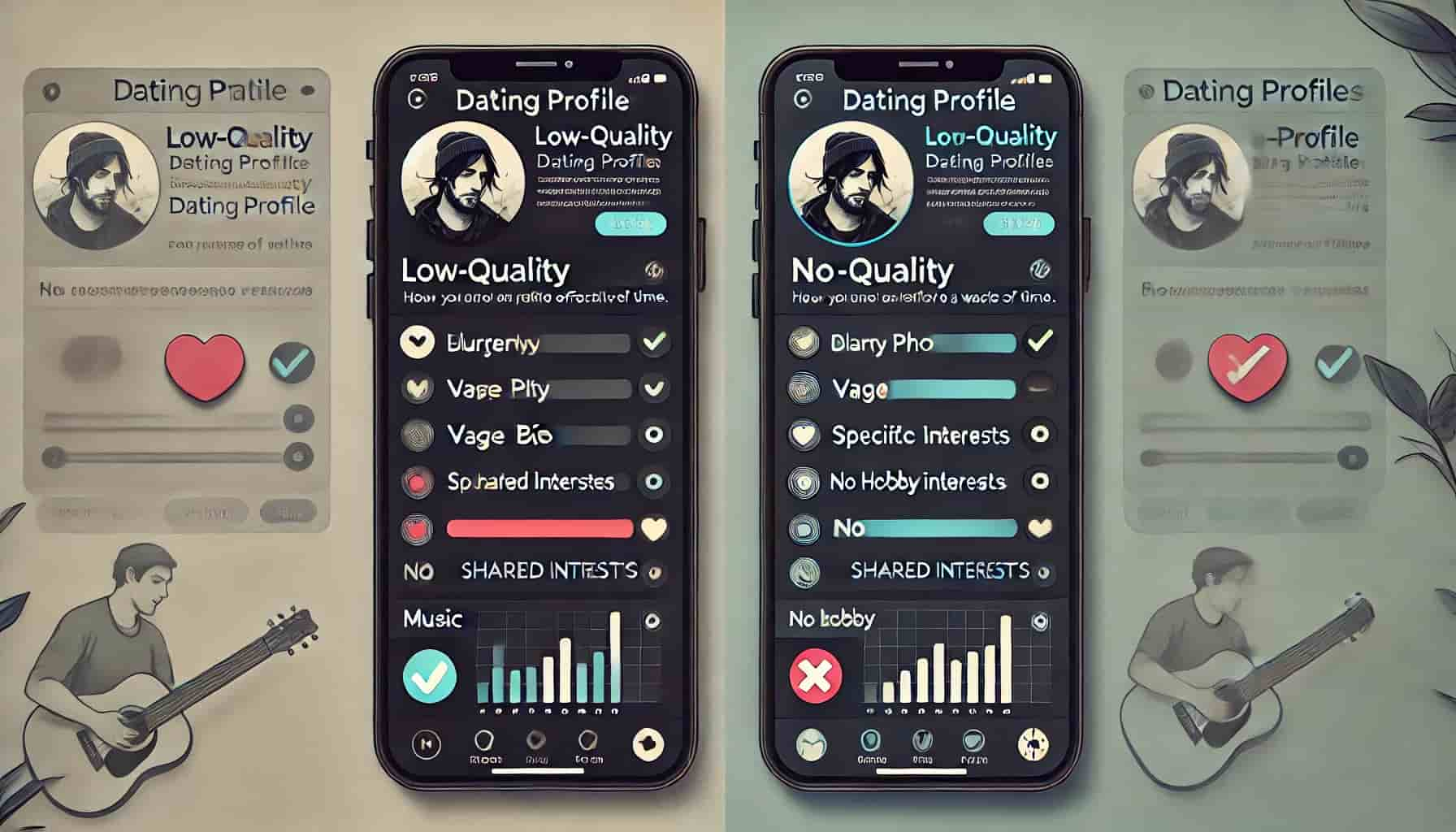
What are the pitfalls of swiping mindlessly on dating apps?
The “swipe culture” promoted by many apps creates several counterproductive patterns that lead users to conclude that dating apps are a waste of time:
- Choice overload: Psychological research shows that excessive options can lead to decision paralysis and reduced satisfaction with eventual choices.
- Dehumanization: Rapid swiping can reduce potential partners to commodities, making meaningful connection less likely.
- Algorithm penalties: Many dating apps now penalize indiscriminate swiping by reducing profile visibility for users who exhibit this behavior.
- Diminishing returns: After approximately 30-60 minutes of usage, studies show cognitive fatigue sets in, leading to poorer decision-making.
- Hedonic adaptation: The dopamine-driven reward system of matching can become addictive while yielding diminishing emotional returns.
A 2020 study found that users who limited their daily time on dating apps to 30 minutes reported 40% higher satisfaction than those who engaged in extended swiping sessions, suggesting that for many people, dating apps are not a waste of time when used in moderation.
Safety and Privacy Concerns
Safety issues represent a significant factor when evaluating whether are dating apps a waste of time or even potentially harmful.
What are the risks associated with dating apps?
Several serious concerns must be considered:
- Catfishing and scams: The Federal Trade Commission reports that romance scams cost Americans over $304 million in 2020 alone, with dating apps being a primary vector.
- Harassment: A 2020 Pew Research study found that 60% of female dating app users under 35 reported continued contact after expressing disinterest, and 57% reported receiving explicit messages they didn’t ask for.
- Physical safety: Meeting strangers always carries risk, though dating apps have implemented various safety features to mitigate these concerns.
- Emotional vulnerability: The repeated cycle of hope and disappointment can take a psychological toll, with research linking extensive dating app use to increased anxiety and depression in some users.
These safety concerns may lead some to conclude that dating apps are a waste of time and emotional energy.
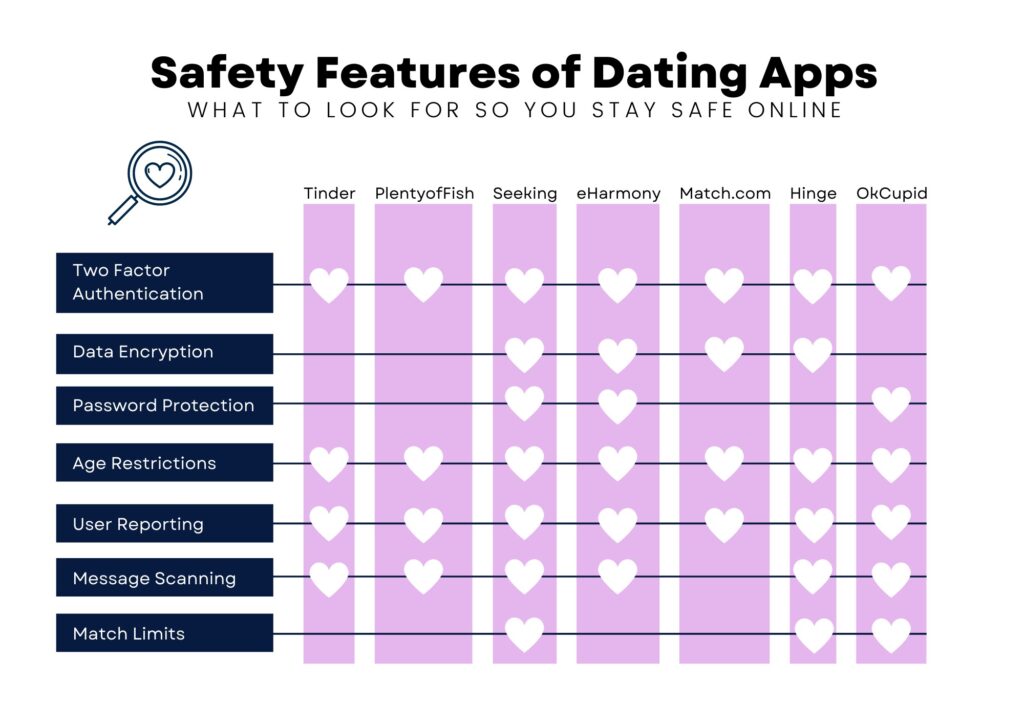
How do privacy issues affect user experience on dating platforms?
Privacy concerns extend beyond immediate safety issues:
- Data collection: Most dating apps collect extensive personal information, preferences, and behavioral data that may be monetized or vulnerable to breaches.
- Social exposure: Unwanted visibility to colleagues, friends, or family members on dating platforms can create uncomfortable situations.
- Digital footprint: Information shared on dating profiles can persist online even after account deletion.
- Third-party access: Many dating apps share data with advertising networks, analytics companies, and other third parties.
For comprehensive information on protecting your privacy while using dating apps, the Electronic Frontier Foundation provides valuable guidance on minimizing exposure while still participating in online dating.
Superficiality and Authenticity in Online Dating
Many who feel that dating apps are a waste of time cite concerns about the superficial nature of the platforms.
Do dating apps promote superficial judgments?
Research indicates a complex relationship between dating apps and superficiality:
- Initial screening: Most dating apps prioritize photos in the user interface, which inevitably emphasizes physical appearance in initial selection.
- Rapid evaluation: The average user spends only 3-7 seconds evaluating a profile before swiping, suggesting limited consideration of deeper qualities.
- Socioeconomic signals: Beyond physical appearance, research shows users often make judgments based on perceived socioeconomic status derived from photos, occupations, and educational background.
- Implicit bias: Studies from Cornell University demonstrate that dating app algorithms can reinforce existing social biases and beauty standards.
However, many platforms have attempted to address these concerns:
- Hinge includes personality prompts to showcase character
- Bumble offers multiple category filters beyond appearance
- OkCupid emphasizes lengthy compatibility questionnaires
People questioning if dating apps are a waste of time often point to these superficial aspects as a primary concern.
How can users present authentic profiles?
Creating genuine representations improves both ethical participation and practical outcomes:
- Recent, realistic photos: Images that accurately represent current appearance lead to better in-person meetings with 73% of users reporting disappointment when dates look significantly different than their profiles.
- Specific interests: Detailed information about hobbies, values, and preferences attracts more compatible matches and provides conversation starters.
- Genuine intention disclosure: Clearly stating relationship goals leads to more satisfying interactions with compatible partners.
- Vulnerability balance: Profiles that share real personality aspects while maintaining appropriate boundaries receive more meaningful engagement.
According to dating coach Matthew Hussey’s research, profiles that demonstrate vulnerability in specific, controlled ways (such as sharing a genuine passion or acknowledging a quirk) receive significantly more quality engagement than those presenting idealized versions of the user.
For those concerned that dating apps are a waste of time, investing in authenticity may significantly improve results.
Alternatives to Online Dating
To fully evaluate if are dating apps a waste of time, consider how they compare to alternatives.
What other options exist apart from dating apps for meeting people?
Traditional and emerging alternatives to dating apps include:
- Social hobby groups: Activities organized around shared interests through platforms like Meetup.com or community centers.
- Friend introductions: Research consistently shows that relationships formed through mutual connections have high success rates.
- Professional networks: Work-adjacent events and industry gatherings can lead to connections with shared values and ambitions.
- Educational pursuits: Classes and workshops attract people with growth mindsets and specific shared interests.
- Volunteer opportunities: Cause-based activities connect people with aligned values.
- Singles events: Modern iterations range from low-pressure activity-based gatherings to more traditional speed dating.
Those who believe dating apps are a waste of time often find these alternatives more aligned with their connection style.
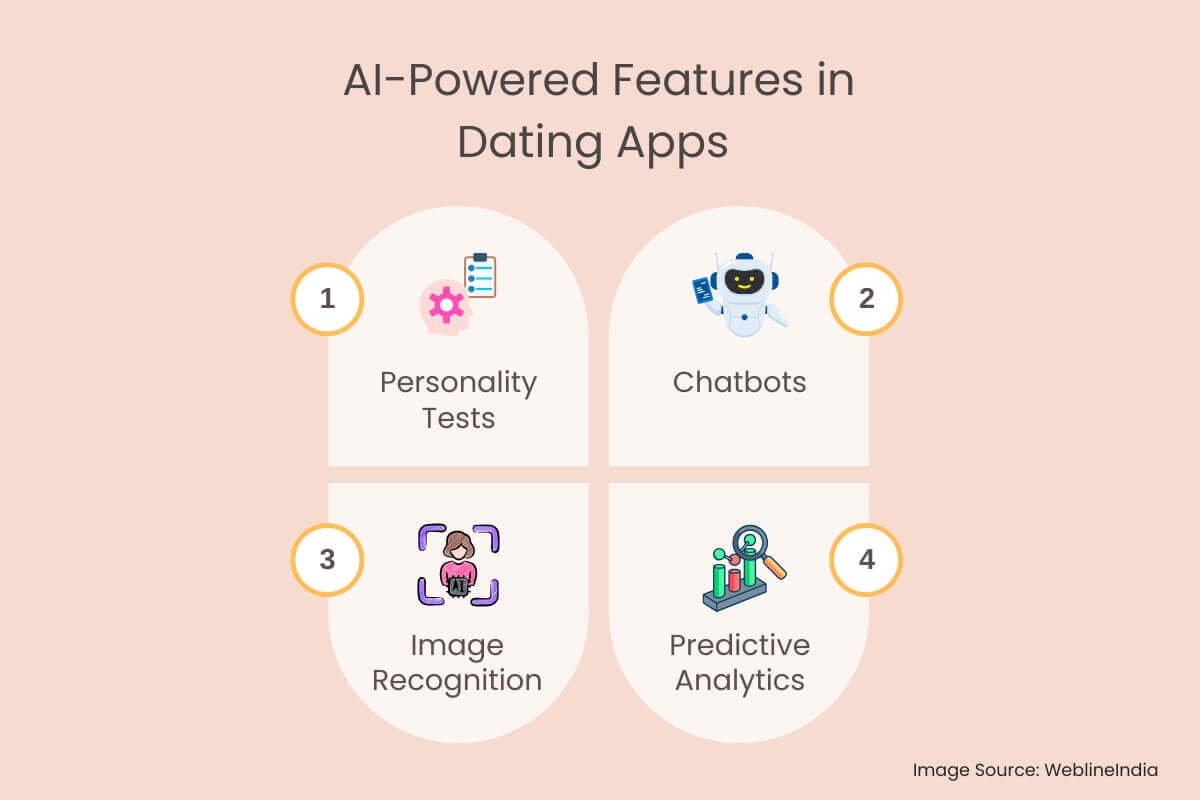
How do in-person connections compare to online interactions?
Research reveals significant differences that impact whether are dating apps a waste of time compared to offline dating:
- Initial impression formation: Stanford research indicates in-person chemistry relies heavily on non-verbal cues absent in digital communication.
- Compatibility assessment: Face-to-face interaction provides immediate feedback on conversational compatibility, sense of humor, and other qualities difficult to gauge online.
- Investment level: In-person meetings typically involve higher effort, potentially filtering for more motivated partners.
- Natural context: Meeting through activities or social circles provides organic conversation topics and shared experiences.
- Authentication: In-person meetings eliminate concerns about catfishing or misrepresentation.
However, offline alternatives also present limitations:
- Smaller potential dating pools
- Geographic constraints
- Time-intensive nature
- Greater initial courage required
- Potential for workplace complications (for professional networks)
According to a Harvard University study, connections formed through in-person social activities are associated with greater overall well-being, suggesting value beyond just romantic potential.
Trends in Online Dating Usage
Understanding how dating app usage and perception have evolved provides context for evaluating whether are dating apps a waste of time.
How has the perception of dating apps changed over time?
The cultural view of dating apps has transformed dramatically:
- Stigma reduction: In 2005, 29% of Americans viewed online dating as desperate; by 2020, this figure dropped to just 16%, according to Pew Research.
- Mainstream adoption: Dating app usage has risen from 3% of adults in 2008 to over 30% in 2020.
- Demographic expansion: Initially dominated by young urban professionals, dating apps now see growing usage among rural users, older adults, and diverse communities.
- Specialization trend: The market has evolved from general-purpose apps to niche platforms serving specific communities, religions, lifestyles, and relationship goals.
- Integration with social media: Dating apps increasingly connect with users’ broader digital identities through social media integration.
These trends suggest that fewer people now believe that dating apps are a waste of time compared to earlier periods.
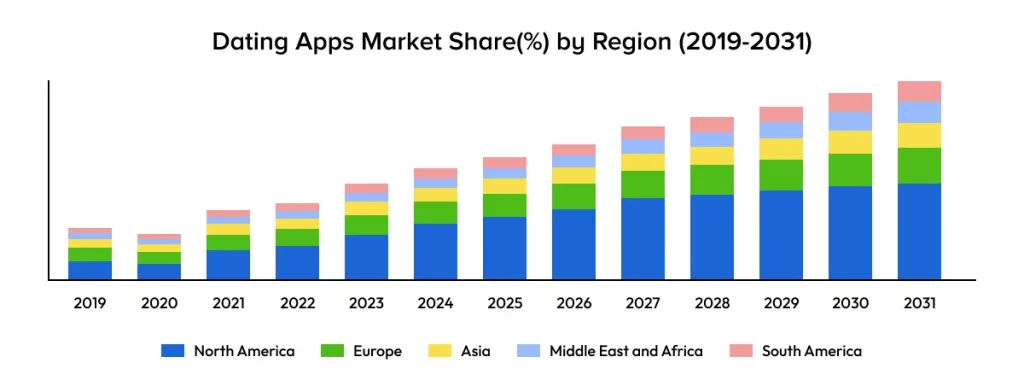
What are the statistics indicating user satisfaction with dating apps?
Satisfaction metrics offer insights into whether are dating apps a waste of time for most users:
- Relationship formation: Approximately 12% of current committed relationships began online according to a Stanford University study.
- User retention: Industry data shows 72% of users become inactive within 90 days, suggesting high dissatisfaction rates or successful pairing.
- Comparison satisfaction: When asked to compare dating apps with other methods, 47% of users rate apps equal or superior to traditional meeting methods, while 53% consider them inferior.
- Gender disparity: Multiple surveys show significant differences in satisfaction between male and female users, with men typically reporting lower success rates.
- Age correlation: Younger users (18-29) report higher satisfaction with dating apps than older demographics.
For in-depth analysis of changing patterns in online dating, the annual Match.com Singles in America study provides comprehensive data on evolving attitudes and behaviors.
Conclusion on the Value of Dating Apps
Are dating apps ultimately worthwhile for users seeking connections?
So, are dating apps a waste of time? The evidence suggests a nuanced answer that varies significantly based on individual factors:
Dating apps may be worth your time if:
- You live in an area with limited social opportunities or a small dating pool
- You have specific dating preferences that are hard to find in everyday encounters
- Your schedule makes traditional socializing difficult
- You approach them with realistic expectations and healthy boundaries
- You’re comfortable with digital communication as a first step
- You’re willing to invest in creating a quality profile and engaging meaningfully
Dating apps may be a waste of time if:
- You find the interface and interaction style draining or unpleasant
- You strongly prefer reading in-person chemistry and body language
- You’re in a location with very few active users
- You experience significant anxiety or self-esteem issues from rejection or comparison
- You’re unwilling to put effort into profile creation and thoughtful communication
- You have very limited time to convert online connections to in-person meetings
The research suggests dating apps are neither a universal waste of time nor a guaranteed path to connection. Rather, they represent one of many tools for meeting potential partners, with distinct advantages and limitations.
The most successful approach appears to be using dating apps as a supplement to, rather than replacement for, other social opportunities. By maintaining realistic expectations, creating authentic profiles, communicating effectively, and prioritizing safety, users can maximize the likelihood that time spent on dating apps will not be a waste of time.
For those questioning whether to continue using dating apps, consider setting specific goals and time limits, then evaluating your experience against these parameters rather than comparing to idealized outcomes or others’ reported successes.
Ultimately, when asking “are dating apps a waste of time?” the answer depends on your specific circumstances, approach, and the alignment between what you seek and what these platforms realistically offer.
Conclusion on the Value of Dating Apps
Are dating apps ultimately worthwhile for users seeking connections?
Are dating apps a waste of time? The evidence suggests there’s no universal answer. Dating apps can be valuable tools for people with busy schedules, specific preferences, or limited social options, while potentially being a waste of time for those who strongly prefer in-person chemistry or find digital interactions draining.
The most successful approach is using dating apps as a supplement to, rather than replacement for, other social opportunities. By setting realistic expectations and creating authentic profiles, you can significantly reduce the chance that dating apps are a waste of time for you.
For help determining which platforms might be worth your time based on your specific relationship goals, BestAppPicks.com offers detailed comparisons of dating apps that align with different user needs.
Ultimately, whether are dating apps a waste of time depends on your personal circumstances, strategic approach, and how well you match your expectations with what these platforms realistically offer.
Frequently Asked Questions
Are dating apps a waste of time for most users?
Research indicates that approximately 45-55% of users find value in dating apps, while others consider them a waste of time. Success rates vary significantly based on location, age, gender, and how strategically users approach the platforms.
How much time should I spend on dating apps each day?
Research suggests limiting daily usage to 30 minutes to prevent diminishing returns and app fatigue. Setting specific time boundaries helps maintain dating apps as a part of your social life rather than consuming it.
Which dating app has the highest success rate for serious relationships?
Studies consistently show that Match, eHarmony, and Hinge have higher rates of leading to long-term relationships, while Tinder and Bumble have higher success rates for casual dating. However, individual results vary significantly by location and demographics.
How long does it typically take to find a relationship through a dating app?
The median time to finding a serious relationship is approximately 5 months of active usage, though this varies widely based on location, profile quality, and personal selectivity. About 30% of users report finding a relationship within 3 months.
Are paid dating apps less likely to be a waste of time than free ones?
Research shows paid apps generally have users more committed to finding relationships and reduce the number of inactive profiles. However, many free apps with premium options offer similar benefits through their tiered systems.